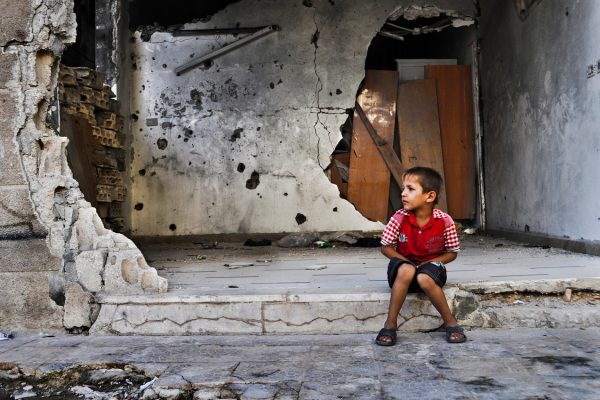We as Muslims cannot afford to ignore growing food security issues that affect the lives of so many people worldwide.
We as Muslims cannot afford to ignore growing food security issues that affect the lives of so many people worldwide.
For many of us, having consistent, daily access to nutritious food is a given and not something we ever think could be taken away.
However, for billions of people living around the world, food security continues to escape them due to political, economic, ecological, and other issues. We as Muslims have a special duty to feed the world’s needy. With food insecurity rates growing yearly, embodying this duty with our actions becomes increasingly important. Contributing to global food security is crucial.
Growing global need
Currently, global food insecurity rates are at their highest levels in world history.
Nearly 2 billion people, or about one out of every four people in the world, lack sufficient access to nutritious meals. Of these 2 billion, 800 million (or one out of every nine in the world) experience severe hunger and food insecurity.
These rates have also been significantly impacted by the ongoing pandemic, during which one out of every four US households lacked food security and over 25 million living in East Africa experienced severe hunger in 2020.
We as Muslims cannot afford to ignore growing food security issues that affect the lives of so many people worldwide. This understanding is rooted not just in a shared concern for humanity, but at the very core of our faith.
Importance in the Islamic Tradition
“(The righteous are those) who feed the poor, the orphan and the captive for the love of God, saying: ‘We feed you for the sake of God Alone; we seek from you neither reward nor thanks'” (Quran 76:8-9).
Both the Quran and hadith repeatedly encourage the feeding of the poor, most especially those who are orphaned, widowed or who have been made refugees. Indeed, the yearly practice of giving Qurbani, or meat from the ritual sacrifice of livestock, is centered on the notion of providing the best of one’s food to those in need.
The Prophet himself, on him be peace, placed feeding the poor among the foremost deeds believing Muslims should perform regularly:
Abdullah ibn ‘Amr reported, “A man asked the Prophet (on him be peace), ‘Which aspect of Islam is best?‘ He said, ‘Feed people and greet those whom you know and those whom you do not know’” (Bukhari).
Providing the needy with consistent food security sources gives them the health and energy they need to sustain their daily lives and continue building better futures. It is up to us as Muslims to follow the Prophet’s example, on him be peace, and treat this duty seriously.
Address several areas of need
When you contribute to Zakat Foundation of America’s global food security program, you help address food security issues across three major categories:
1. Food Availability: Having enough food supply on a daily basis.
2. Food Access: Having resources to get appropriate foods for a nutritious diet.
3. Food Utilization: Consuming a nutritious diet.
Through your donation, those lacking food security will be taught to prepare food properly, practice food hygiene, consume food with a basic understanding of nutrition, and be provided access to clean water and safe sanitation.
Our growing global food security program now feeds 10 million meals a year to the hungry, malnourished and undernourished, including 10 million pounds of meat in 44 countries.





